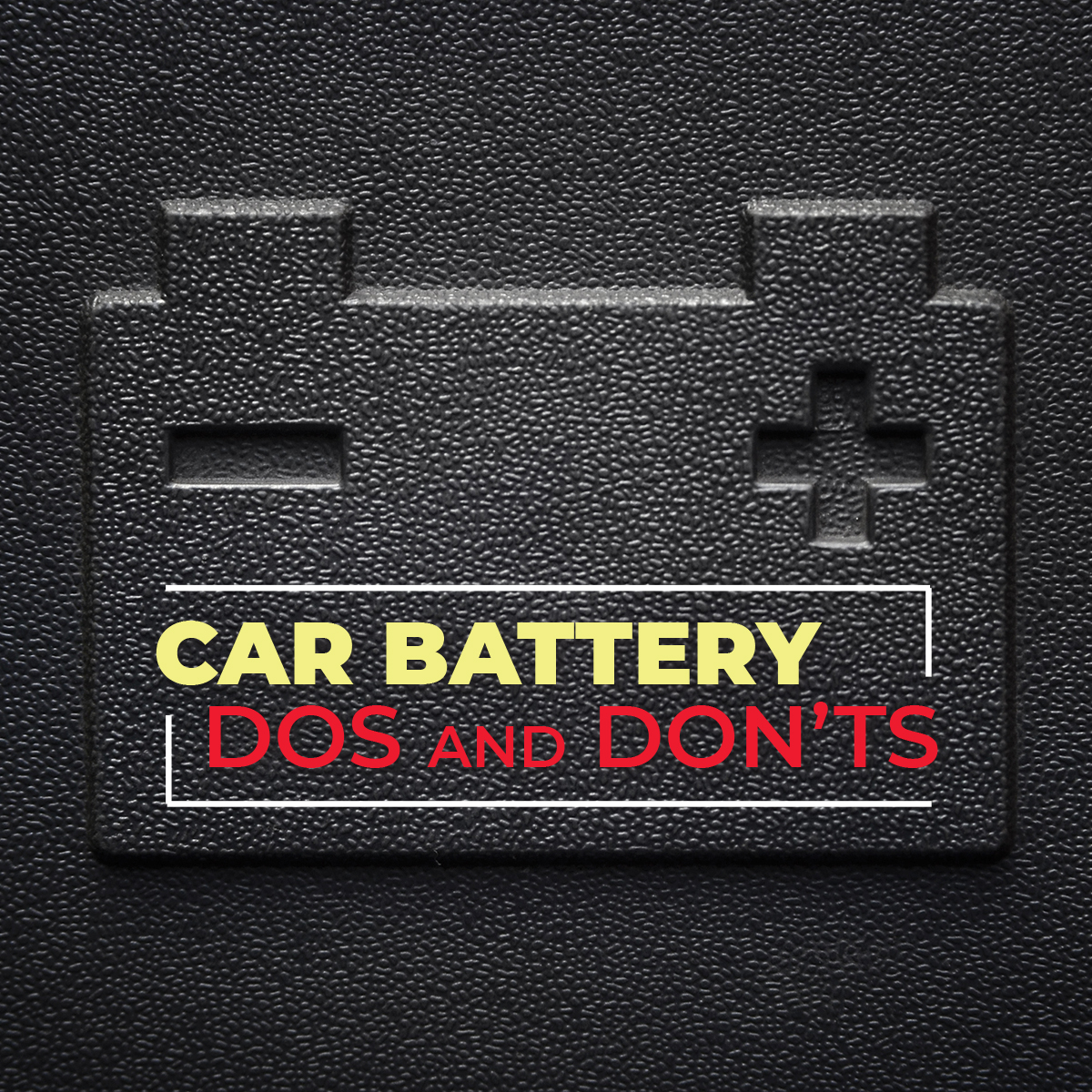Car Battery Do's and Dont's
Car Battery Do's and Dont's

You head out to your car on a frosty winter morning only to find that it won’t start. That’s not uncommon, but most people don’t realize that there’s more to blame than just cold weather.
“Hot weather can affect a battery’s health and lifespan,” said Steve Steinmetz, AAA Western and Central New York director of automotive services. “The culprit for your battery’s failure in the winter is probably the heat it endured during the past summer, which amplifies weakness caused by a battery’s age and condition.”
3 Warning Signs of a Weak Battery:
- You hear grinding or a clicking sound when you turn the ignition.
-
Your vehicle cranks slowly when attempting to start.
-
Your headlights dim when idling, but brighten when you rev your engine
Hot temperatures can cause battery fluid to evaporate, thus shortening the battery’s life and functionality when winter rolls around. The following actions can help avoid the inconvenience of a dead battery:
■ Inspect the terminal clamps and clean them every few months. Corrosion is an enemy of car parts. After disconnecting the cables (with the engine off), brush the positive and negative battery posts and cable ends.
■ Use special grease or spray to protect the battery. These substances are designed to prevent corrosion.
■ If you plan to keep the car in storage for the winter, disconnect the battery or use a battery tender. Even when your car does absolutely nothing, the battery has a certain amount of self-discharge.
■ If your battery is more than three years old, get it tested.
AAA members can call AAA and ask for a free battery test. We’ll send a driver with state-of-the-art equipment that’s specifically designed for battery testing on the go.
Or call 1-800-836-2582